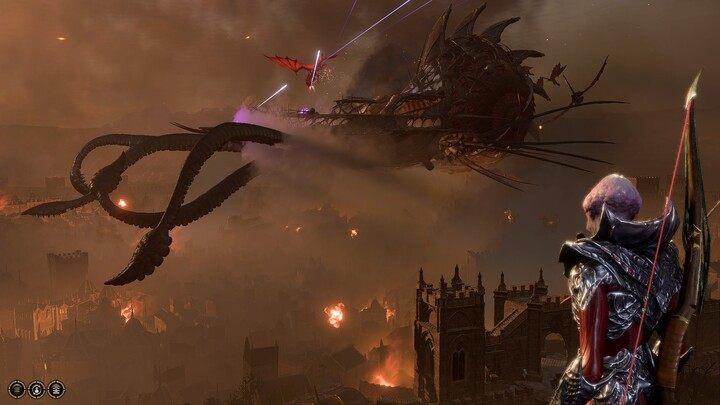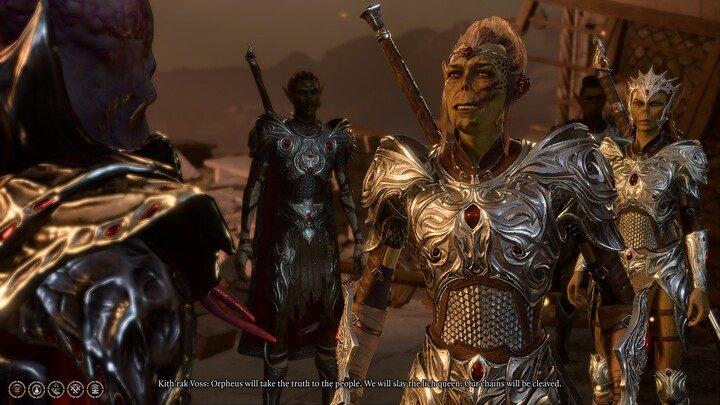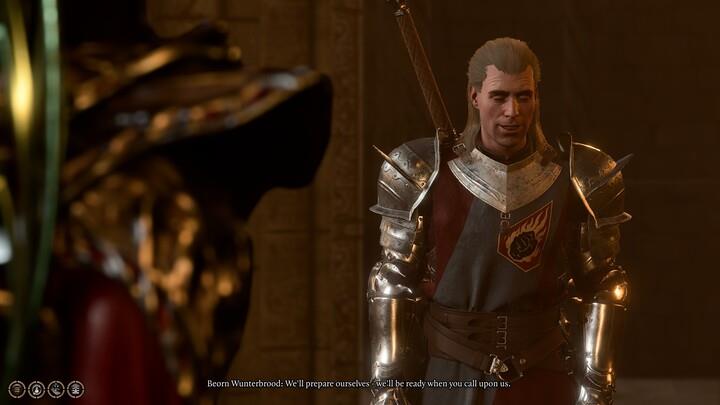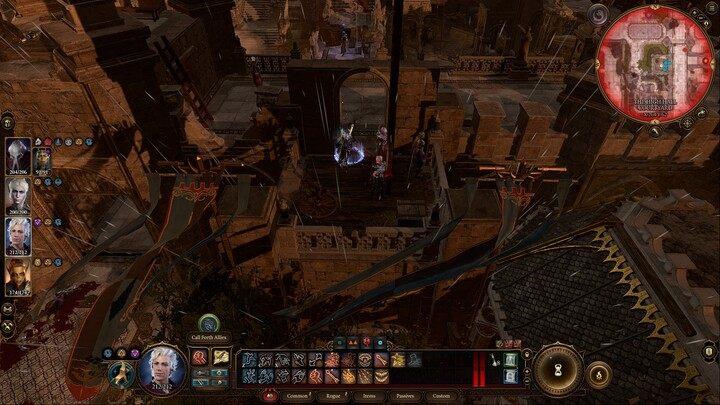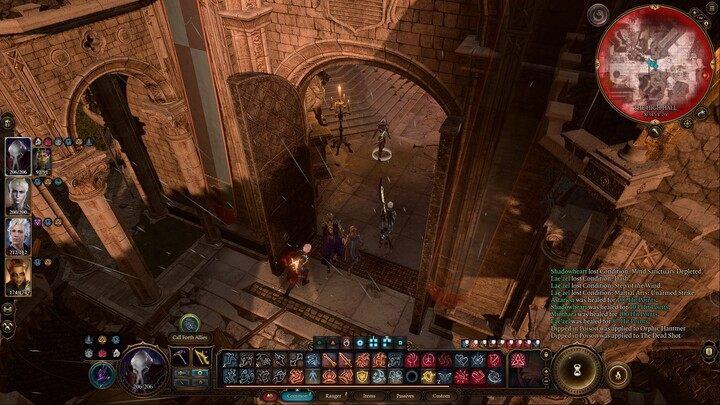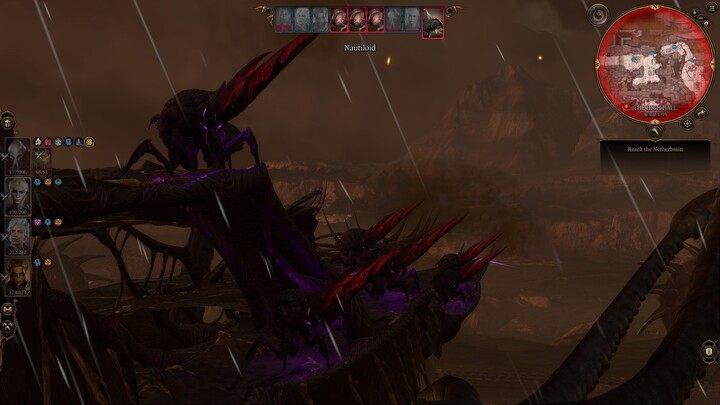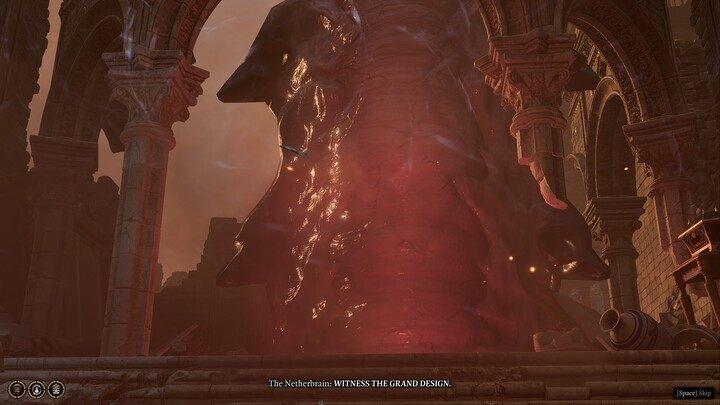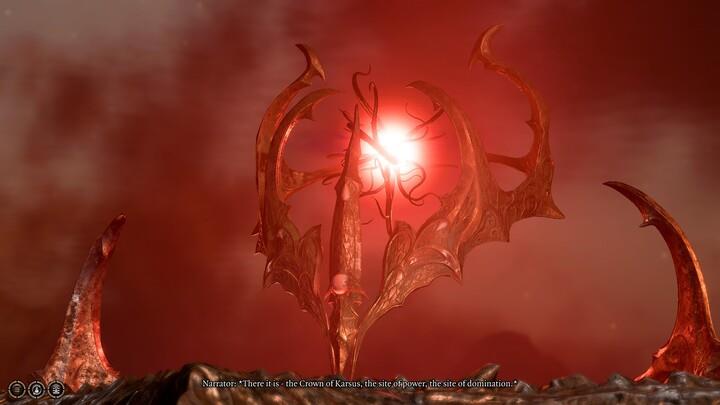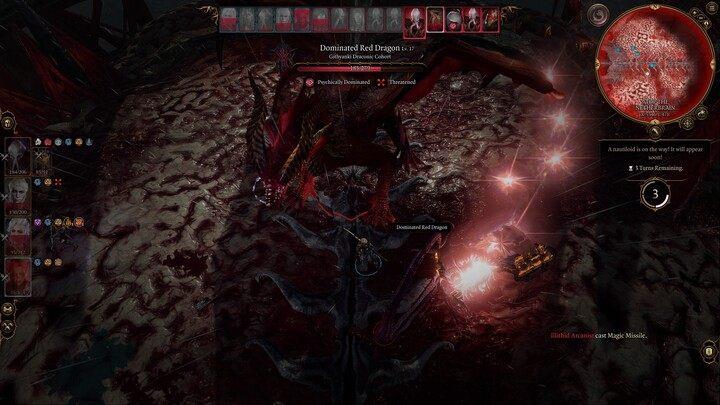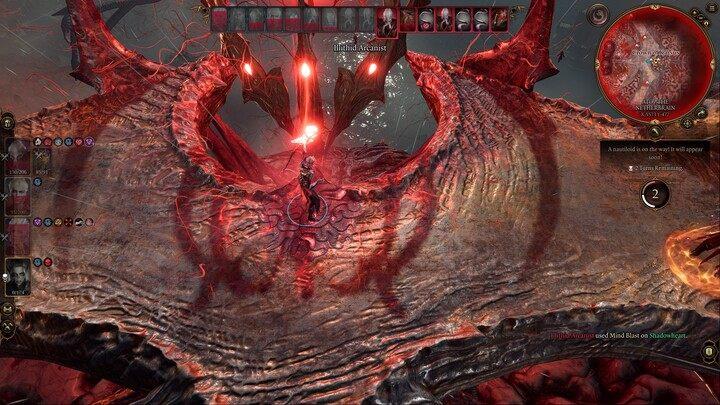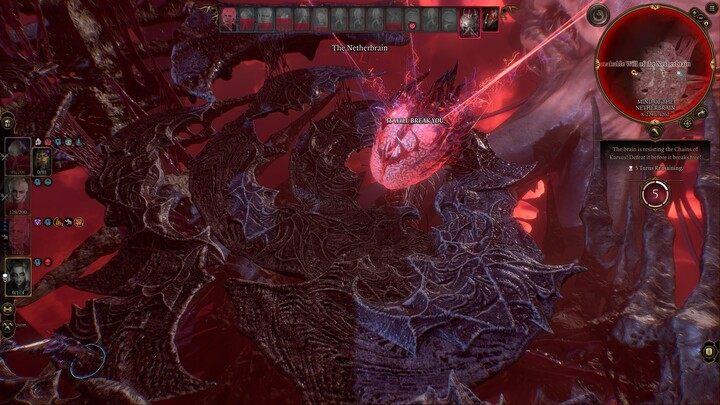In the climactic quest of Baldur’s Gate 3, players face the daunting task of confronting the Elder Brain, a formidable foe that manipulates and controls all in its path. As you navigate the treacherous Mind of the Netherbrain, your choices will determine not only your fate but also the destiny of your companions and the world itself. Will you destroy this ancient evil, liberating yourself from its grasp, or will you seize control, becoming the Absolute and ruling over chaos? Prepare for a battle where every decision counts, leading to multiple possible endings in this epic conclusion.
How to gather a team?
To effectively gather a team in Baldur’s Gate 3, start by identifying the strengths and roles of each character you wish to include. Consider their unique abilities and how they complement each other in combat and exploration. Engage with the story to recruit characters who resonate with your objectives and play style. Once you’ve selected your team members, strategically position them in your party to maximize their effectiveness during encounters. Be mindful of their interactions, as character relationships can enhance gameplay dynamics and lead to unique dialogue options. Finally, regularly assess your team’s composition to adapt to the challenges you face throughout your journey.
Baldur’s Gate is in flames, and you are its only hope. Orpheus, who is a monk and can cast a useful fireball, is joining your party. Move forward and talk to Voss – he will be very grateful to you for saving Orpheus and will lend you his strength in the fight against the enemy.
Move on until you enter the building. A cutscene will trigger in which the current allies will declare their support.
- Volo will help you with his knowledge – this is possible if you’ve saved him from the angry mob in the city.
- Valeria offers support to the city guard – she will help if you didn’t kill her during the Murder Tribunal encounter.
- Astarion will only be able to summon Creaturesof night into battle if he has completed the ritual in Cazador’s Dungeon.
- The Strange Ox will help you with its transformation abilities if you have smuggled him to the city.
Moreover, you will find a merchant here – stock up on potions and other necessary items for the fights because there will be plenty of them ahead of you.
How to get to the Netherbrain?
To reach the Netherbrain in Baldur’s Gate 3, players must navigate through several key steps. First, gather the Netherstones from Orin and Gortash, which are essential for accessing the Morphic Pool where the Netherbrain resides. Next, bypass the High Hall Courtyard by either engaging in combat or employing stealth tactics to avoid enemies. Once you ascend the stem column leading to the brain, be prepared for a challenging encounter with various foes, including mind flayers and other formidable adversaries. Carefully maneuver through this area, utilizing spells and abilities strategically to minimize damage and maximize your chances of success as you approach the final confrontation with the Netherbrain.
Move forward – ahead of you will be a huge square, where one of the biggest battles in the game awaits you. Before you start it, try to climb the tower near the gate on the right.
Start the fight from there. You can use the Call Your Allies option to summon a powerful area attack or necessary allies. Regardless of the decision, eliminate the opponents one by one until you reach the gate.
Move to the left – another fight will start for a second. This time, you will also have to handle area attacks of the Nautiloid, which deals about 30 to 50 fire damage at the end of the turn. Avoid the marked areas and also eliminate enemies while staying on the move.
Eventually, you’ll reach the top of the tower, where you’ll be able to climb to the Netherbrain.
Take a short rest or drink a potion that has a similar effect. Prepare your potions, because the last fight in the game awaits you.
How to defeat the Elder Brain?
To effectively defeat the Elder Brain in Baldur’s Gate 3, players must prepare for a challenging final battle that requires strategic planning and teamwork. First, ensure your party is well-equipped with healing potions and powerful spells, as the Elder Brain’s minions, such as Intellect Devourers and Gluttons, will swarm you with overwhelming numbers. Utilize area-of-effect spells to manage these threats efficiently while focusing on mobility to avoid the Elder Brain’s devastating attacks. During the encounter, prioritize reaching the Crown of Karsus to cast a critical spell, which can turn the tide of battle. Cooperation with allies, especially if you’ve freed Orpheus, is essential; their unique abilities can provide crucial support. Ultimately, whether you choose to destroy or control the Elder Brain will influence the game’s outcome, making your decisions throughout the quest vital for success .
Your goal is to reach the Crown of Karsus and cast a spell owned by a character transformed by Illithid. Meanwhile, your team will have to deal with the four Dream Guardians, who possess several control effects such as Charm, Disarm, and Stun. Additionally, the Emperor with the red dragon will join the fight if you have decided to free Orpheus. At the end of the location, you will also find four Ilithids who cast a Magic Missile each turn, dealing about 50 damage.
If you are playing on the lowest difficulty level and your team is mobile, just ignore the opponents and go to the Crown as quickly as possible. Use spells like Misty Step or Dimensional Door, and when you get there, let the character transformed into Ilithid cast control over the Crown of Karsus.
If you play at higher difficulty levels, the matter gets a bit more difficult. Kill the Emperor first if you freed Orpheus, ignore the dragon, and have your fastest character go to the four Ilithids in the back and eliminate them because you won’t last long. After eliminating about half of them and the Emperor, you can leave someone behind to act as bait for the remaining opponents. If any of your allies dies here, it doesn’t matter because after you defeat the Netherbrain, they will be automatically resurrected, including Orpheus.
Go through the portal – you need two characters who can deal damage, preferably from a distance.
The Netherbrain each turn will destroy the platforms where characters that have ended their turns are. Stay together and jump from one to the other as you complete your actions. Once per turn, the Netherbrain will cast an area attack that takes one action and deals damage, but if you have a high Constitution attribute, you can counter this effect. Regardless of the tactic, you will eventually kill Netherbrain.
End of the game
As players reach the climax of Baldur’s Gate 3, the confrontation with the Elder Brain marks a pivotal moment in the narrative. This final battle not only tests the strategic prowess of the party but also encapsulates the emotional stakes built throughout the game. With each character’s fate hanging in the balance, players must leverage their unique abilities and make critical decisions that will determine not only their survival but the future of Faerûn itself. The resolution of this encounter serves as a culmination of choices made, alliances forged, and the overarching battle between good and evil, ultimately leading to a satisfying conclusion that resonates with the themes of sacrifice and redemption woven throughout the story.
A cutscene will be displayed, summing your accomplishments and allowing you to make some decisions related to your companions. In this case – it’s how you will be remembered by the people of Orpheus, the fate of Lae’zel, and above all, the fate of your character turned into an Ilithid. After all this, you will receive another short cutscene with Withers, and at the very end, after the credits, a scene with Raphael.
What are the consequences of choosing to dominate the Elder Brain
Choosing to dominate the Elder Brain in Baldur’s Gate 3 leads to a series of significant and often dark consequences that affect both the player character and the world around them.
- Control Over Mind Flayers: By dominating the Elder Brain, your character gains the ability to control all Mind Flayers and those infected with Illithid tadpoles. This means that anyone who has been affected by these tadpoles becomes a pawn under your command, effectively expanding your influence and power over the remnants of the Mind Flayer society.
- Tragic Outcomes: This choice can result in a tragic ending where your character, now empowered but morally compromised, may brutally eliminate allies or companions who have transformed into Mind Flayers, showcasing a descent into tyranny and madness. For instance, players have reported scenarios where their characters kill companions like Karlach after she undergoes transformation, illustrating the personal cost of such power.
- Destruction of Baldur’s Gate: The domination of the Elder Brain can lead to catastrophic events, including the potential destruction of Baldur’s Gate itself. As you unleash Mind Flayers on the world, they wreak havoc, culminating in a chaotic end where your character sits atop the Elder Brain, poised to conquer rather than liberate.
- Shortened Closure: Opting for domination typically results in a less satisfying conclusion compared to destroying the Elder Brain. Players may find that this path offers little in terms of resolution for their companions’ arcs or personal growth, as it ends abruptly with your character’s ascendance to power rather than any meaningful exploration of their journey.
- Moral Implications: Ultimately, choosing to dominate reflects a significant moral decision within the game. It poses questions about power, control, and the ethical ramifications of such choices in a narrative rich with character development and consequence.
In summary, while dominating the Elder Brain offers immense power and control, it comes at a high cost—transforming friends into foes and leading to potential ruin for both your character and the world they inhabit.
What are the benefits of ruling alongside the Emperor
Ruling alongside the Emperor in Baldur’s Gate 3 presents several notable benefits, albeit with complex implications:
- Strong Alliance: By siding with the Emperor, players maintain a powerful ally throughout the final battle against the Netherbrain. His assistance can provide significant advantages in combat, making it easier to confront formidable enemies.
- Avoiding Additional Enemies: Choosing the Emperor allows players to bypass facing Orpheus as an enemy in the final fight. This strategic decision simplifies the confrontation, as players do not have to contend with an additional powerful foe who might otherwise complicate the battle dynamics.
- Access to Unique Abilities: The Emperor possesses unique powers and abilities that can be leveraged in battle. By aligning with him, players can utilize these strengths to their advantage against the Netherbrain, enhancing their overall effectiveness during crucial encounters.
- Narrative Continuity: Siding with the Emperor allows players to continue a narrative thread established throughout the game. This choice can feel more cohesive for those who have developed a relationship with him, especially if a romantic subplot has been explored.
- Potential for Future Interactions: Although the Emperor ultimately departs after the battle, he expresses a desire to see the player again, leaving open the possibility for future encounters or story developments. This can create a sense of lingering connection and unresolved narrative threads that may appeal to players seeking deeper engagement with character arcs.
While ruling alongside the Emperor offers these benefits, it is essential to consider the moral and ethical implications of such a choice, as it may lead to darker outcomes and affect relationships with other characters in the game.
